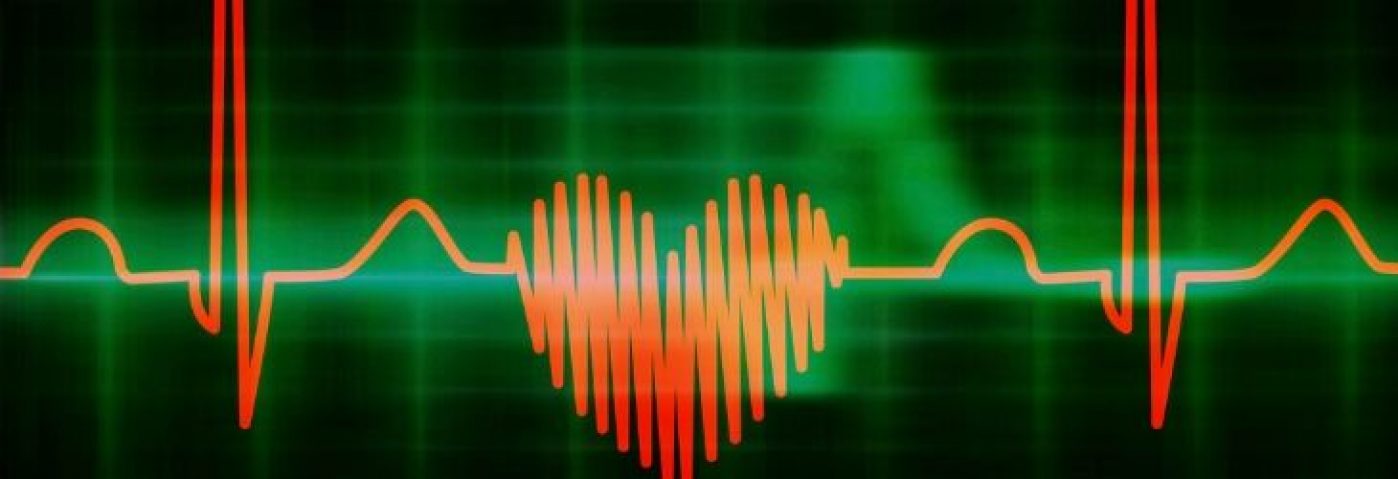Upon drinking alcohol, it almost immediately begins to be absorbed into the bloodstream. Once entering the bloodstream, the continuous pumping of the hearts sends the alcohol-containing blood throughout the body. It goes through the heart itself. When significant amounts are consumed, alcohol does affect the heart and the cardiovascular system in drastic ways. Exploring how the cardiovascular system works provides a greater understanding of how and why alcohol affects the heart.
Alcohol & The Cardiovascular System
As mentioned above, blood vessels and arteries carry blood through the entire body. Blood movement is critical as blood cells act as a delivery system, carrying nutrients, oxygen, and other components to every part of the body. Alcohol is absorbed into the bloodstream via the stomach and small intestines, becoming one of the components delivered by blood cells. The heart is the pump that powers the flow of blood through the body.
Introducing alcohol to the blood system has the following effects on the heart:
Irregular Heart Rate
Binge drinking and heavy alcohol use have been connected with incidences of irregular heartbeats. Even occasional binge drinking can cause arrhythmia, the medical term for an irregular heartbeat. Additionally, Those who drink heavily are more likely to experience an increased heart rate.
Increased Blood Pressure
Along with an increased heart rate, alcohol consumption correlates with an increase in blood pressure. One’s blood pressure is just that, the pressure that blood flow puts on the channels (arteries, veins, capillaries, etc.) through which it flows. Studies have shown that even a single alcohol consumption incident can cause an increase in blood pressure. Chronic hypertension can lead to the thickening of these arteries, causing the heart to work even harder.
Weakened Heart Muscle
Heavy alcohol use can also lead to cardiomyopathy, the medical term for weakened heart muscles. Alcohol is toxic, and what happens over time is it causes the heart chambers to grow more prominent, and the walls get thinner. Eventually, this puts a great deal of strain on the heart muscles. Ultimately, the chambers are so large, and the wall is so thin that they can no longer perform properly.
Atrial Fibrillation
Atrial fibrillation, a type of arrhythmia, is when the upper chambers of the heart quiver instead of producing a full, strong beat. Acute atrial fibrillation can occur from a single incidence of binge drinking. This prevents the proper flow of blood and can lead to severe blood clots.
Alcohol-Induced Heart Failure
The adverse effects of alcohol on the heart listed above can have serious consequences. Carrying nutrients and oxygen to the brain, muscles, and every part of the body, the one-way flow of blood power by the heart, is critical for life. These symptoms can lead to cardiovascular events such as a stroke or heart attack. Both of which can cause permanent damage and even death.
Reversing Alcohol-Related Heart Disease
Some of how alcohol can affect the heart, such as increased heart rate and blood pressure, can be reversed very quickly when alcohol consumption is discontinued. Unfortunately, an enlarged heart and the complications that accompany it are not as easy to reverse. Depending on the individual’s age and the condition’s progression, a heart transplant may be the only viable long-term option. However, continued alcohol-consumption would continue to progress the condition and increase the likelihood of one of the deadly incidents mentioned above. This is why alcohol addiction is so closely connected to cardiovascular disease. Ultimately, individuals struggling with sobriety can get help from an addiction treatment program.





